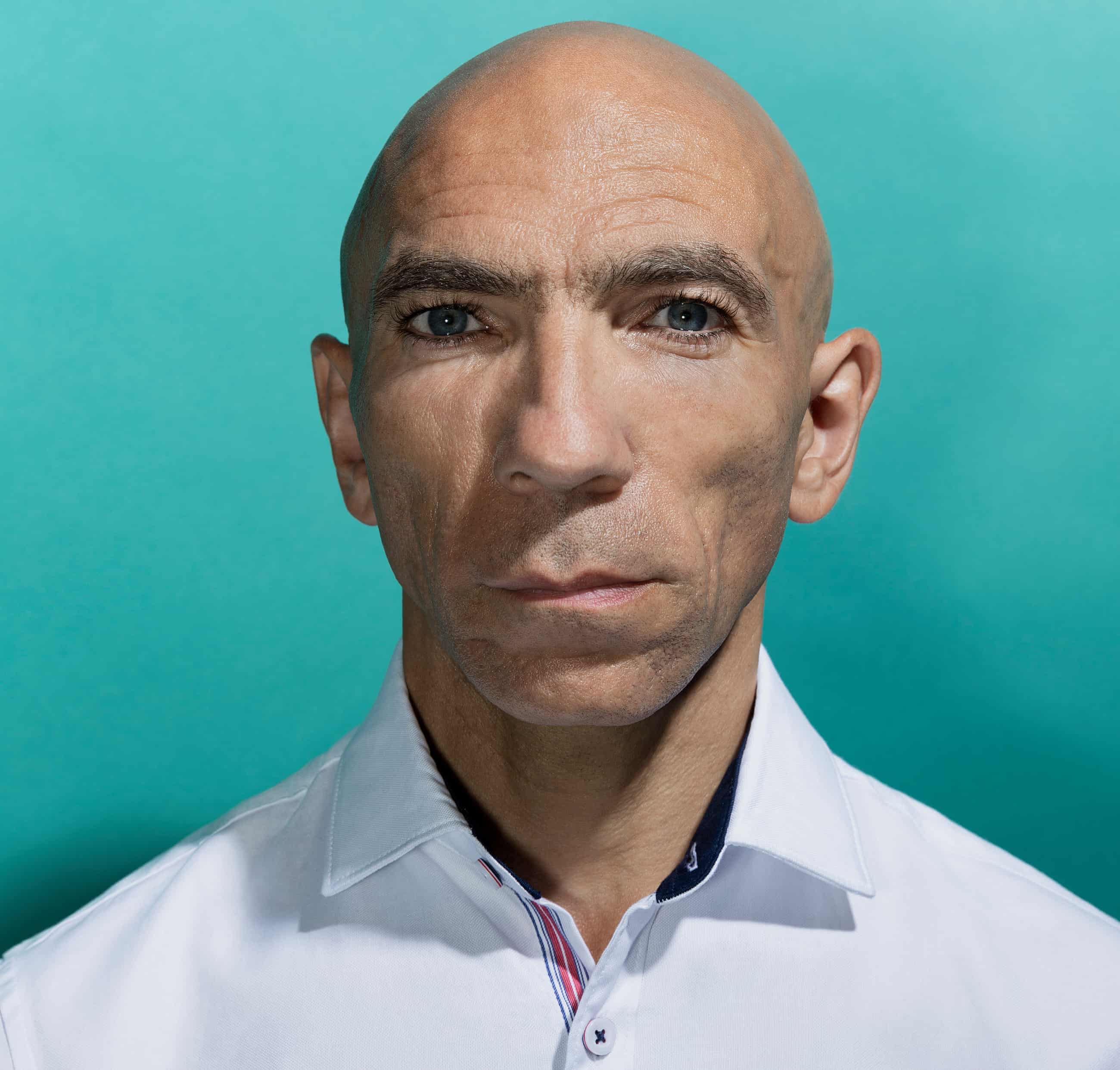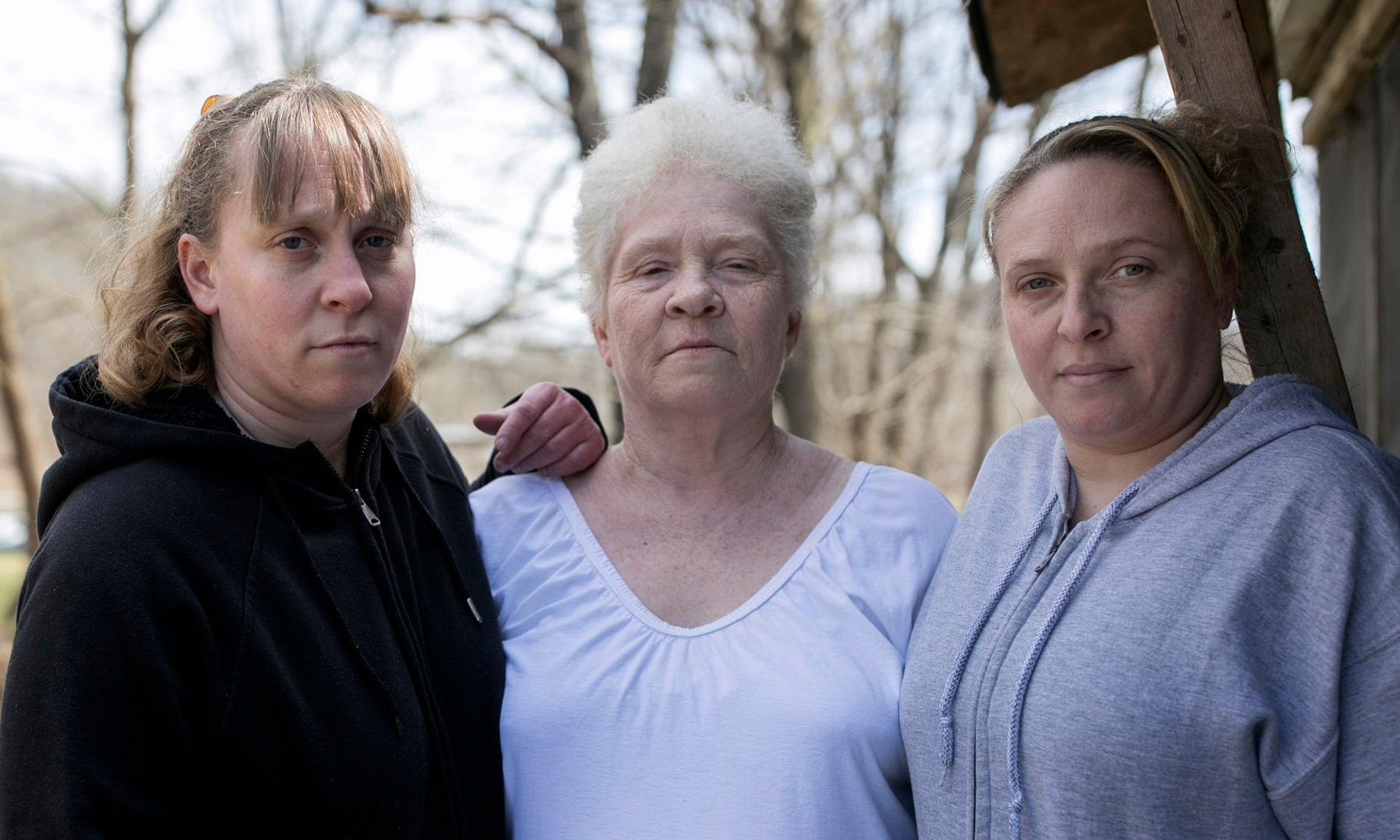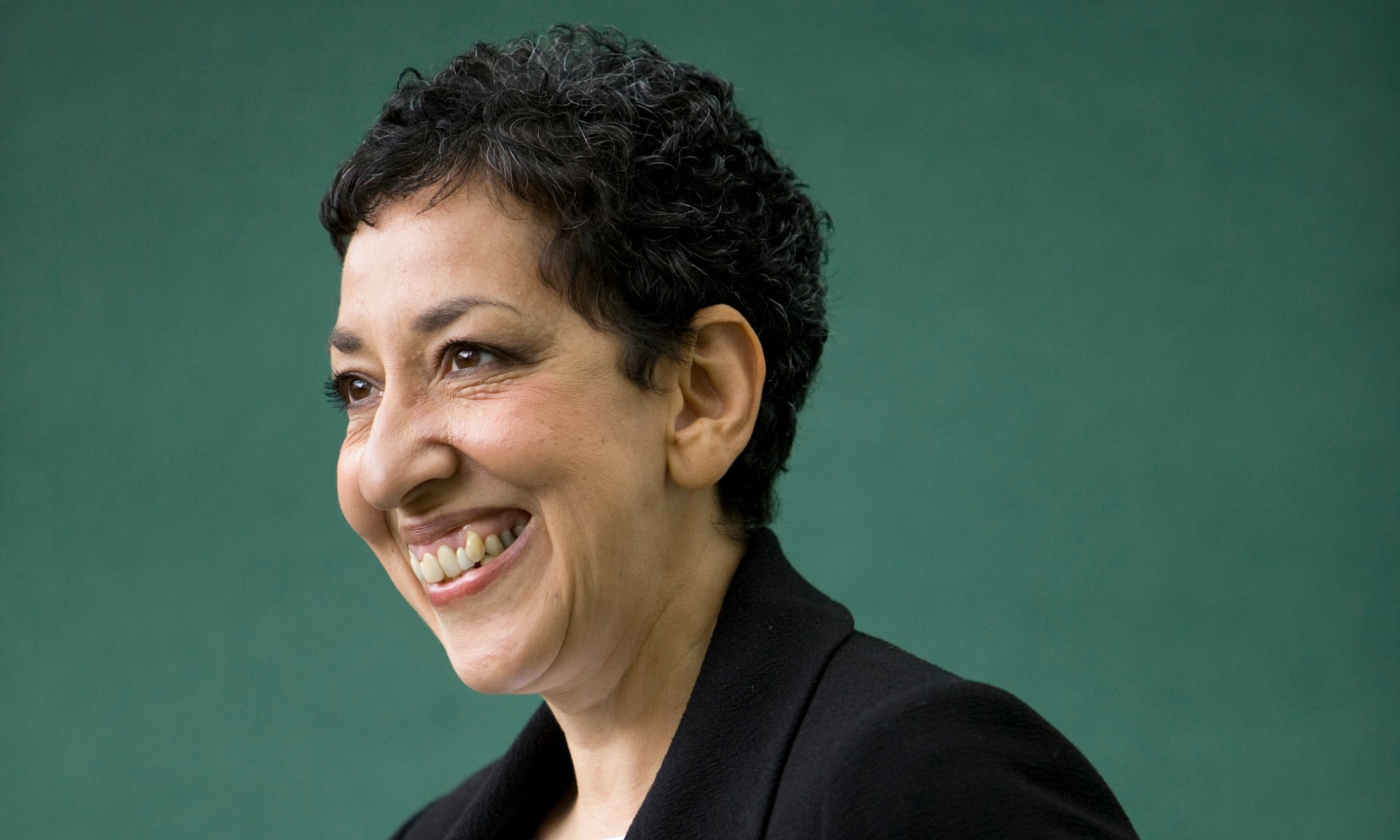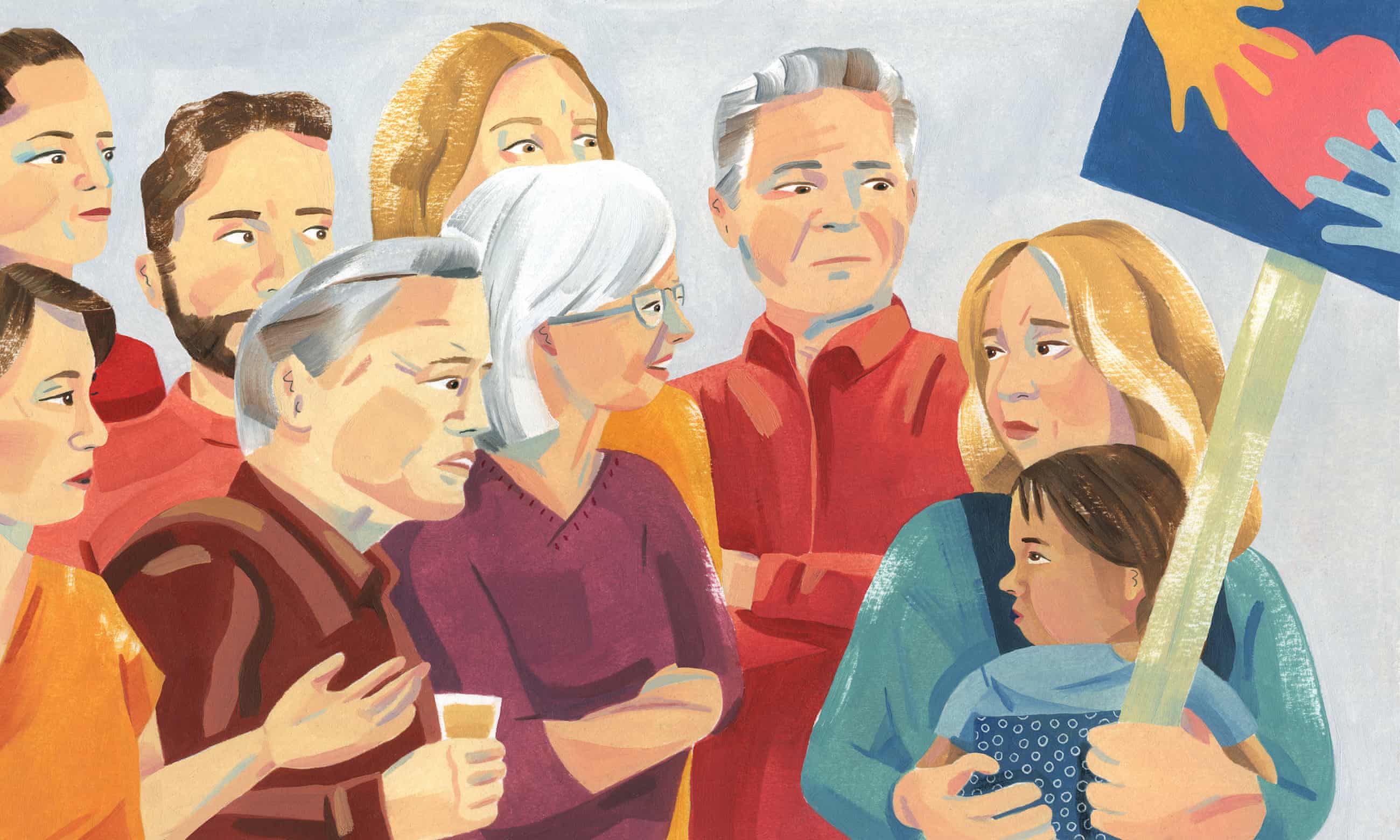Anthony Ekundayo Lennon on being accused of ‘passing’ as a black man: ‘It felt like an assassination’Posted in Articles, Arts, Identity Development/Psychology, Media Archive, Passing, United Kingdom on 2019-09-09 00:36Z by Steven |
The Guardian
2019-09-07
 Anthony Ekundayo Lennon: ‘I didn’t think I had anything to answer.’ Photograph: David Vintiner/The Guardian |
All his life, people have assumed the theatre director is mixed race – and he was happy to embrace that identity. Then he was accused of faking it
Anthony Ekundayo Lennon remembers the moment his life spun out of control. It was late morning, Friday 2 November 2018. The actor and director was giving a talk about the performing arts to university students, and his phone kept flashing. It was so incessant that the students suggested he’d better take a look. He told them it wouldn’t be anything important, turned the phone over and got on with his lecture. When the class broke for lunch, he saw missed calls from Talawa theatre company, where he had been working for the past year, as well as several unknown numbers and messages.
One text stood out. It was from a journalist at the Sunday Times, asking for a comment on a story the paper was preparing to run about Lennon’s place on a prestigious scheme – the artistic director leadership programme (ADLP) for black, Asian and minority ethnic (BAME) theatre practitioners. Lennon had been awarded an 18-month residency with Talawa, Britain’s best-known black-led theatre company. He scrolled down the text…
Read the entire article here.







